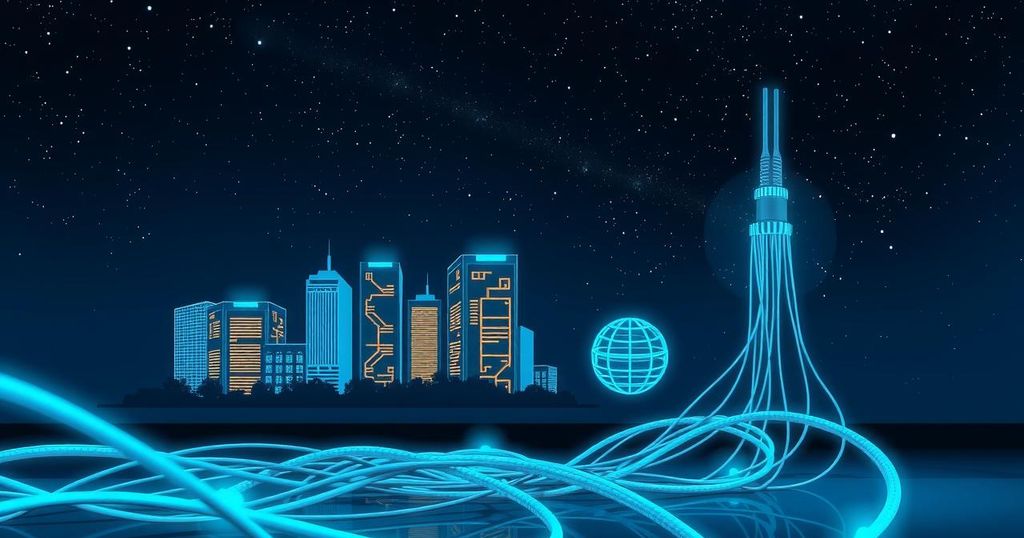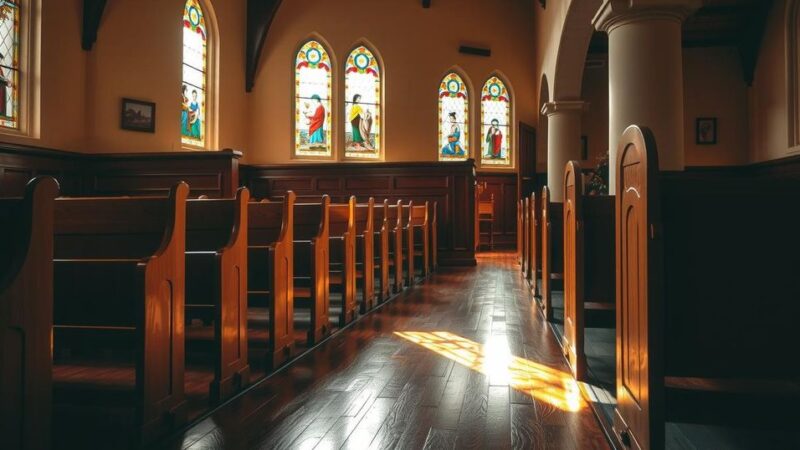In 2024, Africa witnessed a record 21 internet shutdowns across 15 countries, highlighting a troubling trend in state control over access to information. Reports indicate that governments are increasingly using shutdowns in response to protests and elections, with complicity from internet service providers. A recent resolution by the African Commission aims to address this issue, though challenges persist.
In Africa, the number of internet shutdowns has reached unprecedented levels in 2024, with 21 shutdowns reported across 15 countries, surpassing the prior record of 19 shutdowns in 2020 and 2021. This information comes from a report by Access Now and the KeepItOn coalition, which comprises numerous civil society organizations.
Countries such as Comoros, Guinea-Bissau, and Mauritius have joined long-time offenders including Burundi, Ethiopia, Equatorial Guinea, and Kenya, with Nigeria, Senegal, and Tanzania also experiencing shutdowns. Notably, the report indicates that both state authorities and non-state actors like militias are involved in these disruptions.
Felicia Anthonio, the KeepItOn campaign manager at Access Now, emphasized the complicity of telecommunications and internet service providers in violating citizens’ rights by adhering to government orders. The reported shutdowns predominantly occurred in response to conflicts, protests, political instability, and during elections.
The global trend indicates a broader issue, with 296 shutdowns documented across 54 countries, a considerable increase from the previous year’s 283 shutdowns in 39 countries. Access Now noted that these figures represent the most severe record since their tracking began in 2016, reflecting an alarming reality where internet access continues to be weaponized.
The report highlights that every one of the 1,754 shutdowns since 2016 is associated with the narratives of individuals and communities facing isolation during political turmoil. By the end of 2024, at least five African regions endured shutdowns lasting over a year, including prolonged restrictions on Meta in Uganda and a total cutoff on Annobon, Equatorial Guinea since August 2024.
In response to the rising number of shutdowns, the African Commission on Human and Peoples’ Rights passed a significant resolution in March 2024 aimed to address this issue. Despite this initiative, Anthonio remarked on the unfortunate continuation of election-related disruptions in 2024. However, she noted advancements in advocacy efforts based on this resolution, as seen in countries such as Mauritius and South Sudan, which began to reverse shutdown orders in January 2025.
The surge in internet shutdowns in Africa underscores a severe violation of human rights, as reported by Access Now and the #KeepItOn coalition. With a record high of 21 shutdowns in 2024, largely driven by political unrest, the situation demands urgent attention. While the African Commission’s resolution is a progressive step, ongoing challenges remain, highlighting the need for continued advocacy against such infringements on civil liberties.
Original Source: www.theguardian.com






